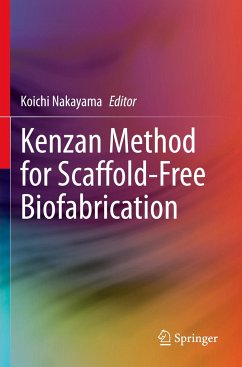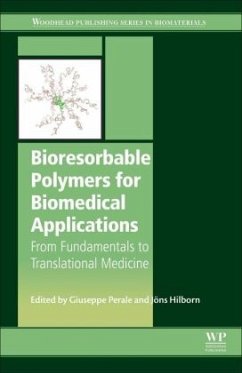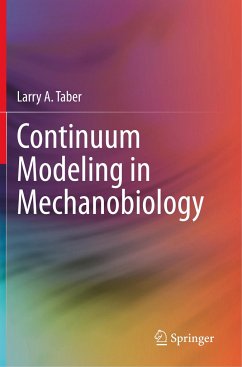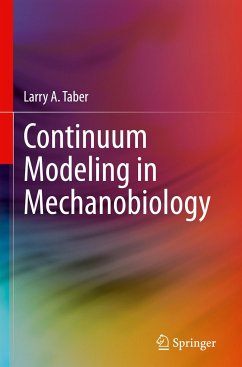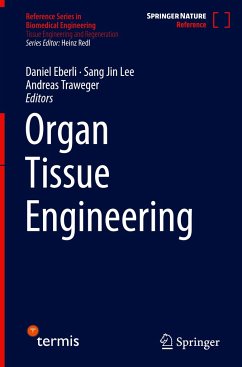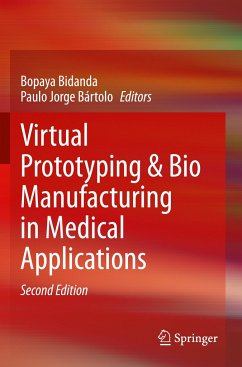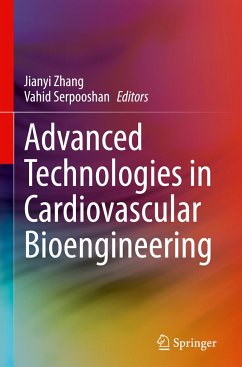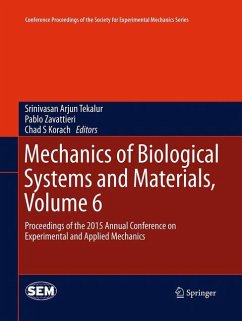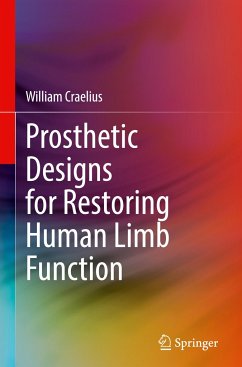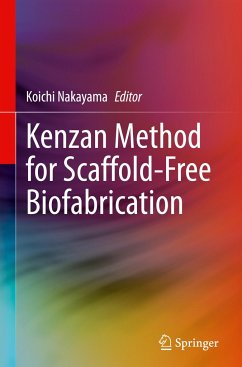
Kenzan Method for Scaffold-Free Biofabrication

PAYBACK Punkte
49 °P sammeln!
This is the first book about the "Kenzan" method for scaffold-free biofabrication, which does not rely on biomaterials as scaffolds to ensure correct multicellular spheroid positioning for building three dimensional construct only made from cells. The book explains the basic principles and concepts of the microneedle-based ("Kenzan") method of building surgically-implantable tissue constructs using robotic cell spheroid-based three-dimensional bioprinting, a novel technology that opens up unique opportunities for the bioengineering of tissues and organs.First book on the novel Kenzan method of...
This is the first book about the "Kenzan" method for scaffold-free biofabrication, which does not rely on biomaterials as scaffolds to ensure correct multicellular spheroid positioning for building three dimensional construct only made from cells. The book explains the basic principles and concepts of the microneedle-based ("Kenzan") method of building surgically-implantable tissue constructs using robotic cell spheroid-based three-dimensional bioprinting, a novel technology that opens up unique opportunities for the bioengineering of tissues and organs.First book on the novel Kenzan method of tissue engineering;Explains basic concepts and applications for organ regeneration modeling;Introduces a unique robotic system for scaffold-free cell construction.



